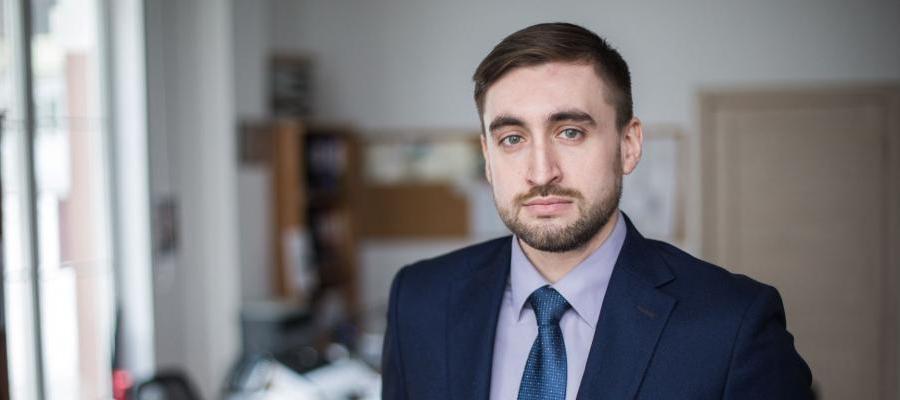
According to Russian human-rights ombudsman Tatyana Moskalkova, in 2018 the number of complaints from the Russian citizens to the ombudsman about tortures in the penal correctional system doubled. People complain of brutal treatment, applying force and special equipment. The ECHR often receives complaints about ungrounded refusals to initiate criminal proceedings, delaying the investigations and formal approach of the investigative authorities, as well as about long periods of arrest. The Insider asked head of the Orenburg branch of the Committee Against Torture Sergey Babinets about the reasons of growing number of such applications.
“Last year the number of the complaints submitted to the Committee Against Torture remained at approximately the same level as before. Year after year the number is practically the same. Why does the ombudsman’s office start to receive more complaints? I don’t think that the situation drastically deteriorated and people are tortured more often and they apply to human rights defenders less. I think that this rapid increase in numbers is influenced by several factors.
Firstly, it’s the information explosion, provoked by the video records from the Yaroslavl Penal Colony No.1, featuring the administration officers beating up the convicts. After issuing these videos, the Federal Penitentiary Service, the Prosecutor’s Office and the Investigative Committee started total checks of penitentiary institutions which covered almost all the regions of the country. Unfortunately, in reality it turned out to be nothing but a beautiful soap bubble. Only in few cases something was done, but the overall picture remained the same. But it’s during these moments of high public attention that people count on their applications processed and that something good will happen. Many people decided to use this opportunity and started to apply for help to various organizations, including the human rights ombudsman’s office.
Secondly, during her stay in the position of the Russian Federation human-rights ombudsman, Tatyana Moskalkova managed to create an image of ombudsman who is really concerned about the problems related to protection of rights and freedoms of the citizen. Her office and herself notably enhanced their work: they get involved in high profile cases, show their motivation to resolve concrete problems and in rendering assistance to each and every citizen. Openness and concern about the citizens’ problems, which is, unfortunately, not very typical for many civil servants, created a positive image of this institution.
I think that both these factors lay the foundation for the fact that previous year a lot more applications were submitted to the office than in past periods. Does it indicate that people at last can obtain assistance from the state in defending their rights? This is very unlikely. The ombudsman is very limited in his rights and cannot influence the work of law-enforcement agencies. In essence, the Investigative Committee, which has always been the main and untouchable source of the torture problem in the country, remained the same. There have been no real attempts to resolve the problem in ineffectiveness of torture complaints investigation. The torture cases have been very difficult to get to court, and remain such. Investigations of torture cases last for years, and this situation remains the same. And the Prosecutor’s Office has not performed a proper supervision and is not doing it now. And, unfortunately, no statements of the human rights ombudsman could influence the resolving of this problem”.
Anna Krasnoperova, The Insider